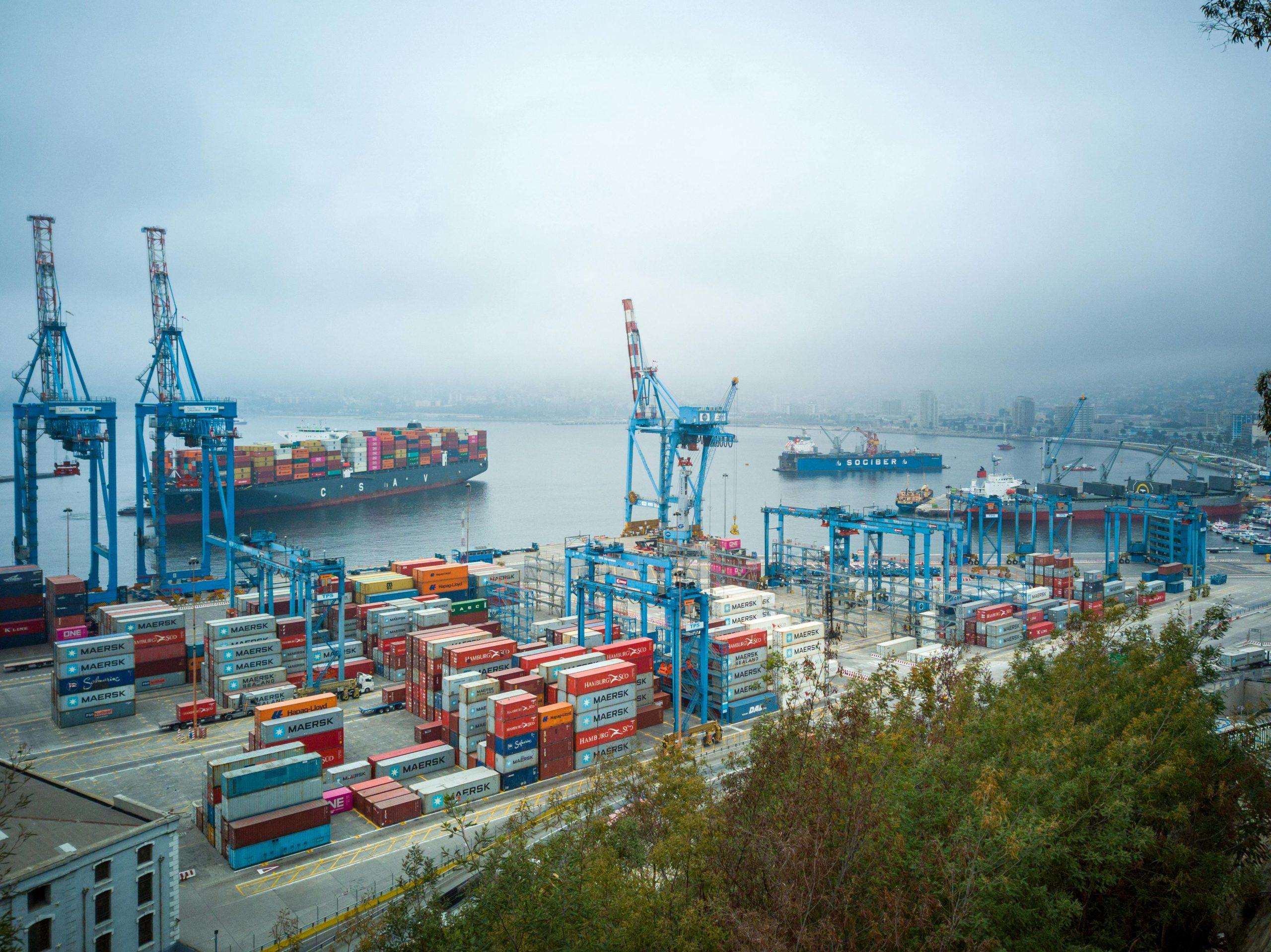The world of cargo services is vast and complex, with numerous options available to businesses and individuals looking to transport goods locally and globally. Navigating this intricate network can be daunting, but with the right knowledge and confidence, you can streamline your cargo logistics and make the most of the services available to you. In this comprehensive guide, we’ll explore the ins and outs of cargo services, from understanding the basics to optimizing your choices. By the end of this blog, you’ll be equipped with the information you need to make informed decisions and navigate the world of cargo services with confidence.
Understanding the Basics of Cargo Services
Before diving into the intricacies of cargo services, it’s essential to grasp the fundamental concepts and terminology.
- Cargo Types:
- General Cargo: Common goods that are transported, such as electronics, clothing, and household items via multimodal and intermodal transportation
- Bulk Cargo: Loose goods, like grains, coal, and ore, usually transported in large quantities.
- Special Cargo: Oversized or delicate items requiring unique handling, like machinery or art.
- Cargo Modes:
- Air Cargo: Quick and efficient for high-value, time-sensitive, or perishable goods.
- Sea Cargo: Ideal for transporting large quantities of goods over long distances, but with longer lead times.
- Road Cargo: Local and regional transportation of goods via trucks and other vehicles.
- Rail Cargo: Efficient railway transportation services for bulky goods, connecting regions and countries.
Choosing the Right Cargo Service Provider
Once you understand the basics, the next step is selecting the right cargo service provider. To do this, consider the following factors:
- Reputation: Research the reputation of potential providers. Check online reviews, ask for recommendations, and evaluate their track record.
- Services Offered: Different providers offer various services, including door-to-door delivery, customs clearance, and warehousing. Choose one that aligns with your needs.
- Cost and Pricing: Compare quotes and consider not only the price but also additional fees, such as handling charges, customs duties, and insurance.
- Transportation Modes: Depending on your cargo type and destination, select the most suitable transportation mode. Air, sea, road, or rail – each has its advantages.
- Geographic Coverage: Ensure the provider’s network aligns with your shipping routes, both domestically and internationally.
- Safety and Security: Confirm that the provider follows industry safety standards and has measures in place to protect your cargo during transit.
- Customer Support: Excellent customer service can make a significant difference in managing your cargo. Responsive support can address any concerns or issues that may arise.
Optimizing Your Cargo Operations
With the right provider in place, it’s time to optimize your cargo operations to save time and money.
- Consolidation: Grouping smaller shipments into a single container or shipment can reduce costs and environmental impact.
- Packaging and Labeling: Ensure that your cargo is well-packaged and labeled correctly to prevent damage and ease the customs clearance process.
- Documentation: Keep all necessary documents, such as invoices, bills of lading, and certificates of origin, organized and readily accessible.
- Customs Compliance: Stay updated on the customs regulations of both your origin and destination countries to avoid delays and fines.
- Technology Solutions: Consider using transportation management software to track and manage your cargo, improve visibility, and streamline communication with your provider.
Ensuring Cargo Insurance
Even with the most meticulous planning, accidents and unforeseen circumstances can occur. Cargo insurance is a critical aspect of navigating the world of cargo services with confidence.
- Types of Cargo Insurance:
- All-Risk: Comprehensive coverage for all perils except those specifically excluded in the policy.
- Named Perils: Coverage for specific risks, such as theft, fire, or natural disasters.
- Valuation Insurance: Insures cargo for its full commercial value.
- Benefits of Cargo Insurance:
- Peace of mind, knowing your investment is protected.
- Financial security in case of loss or damage.
- Improved negotiating power with suppliers and customers.
- Selecting the Right Coverage:
- Evaluate the value and nature of your cargo.
- Consider the shipping route and potential risks.
- Consult with insurance experts to find the most suitable coverage.
Sustainability and Eco-Friendly Cargo Services
In today’s environmentally conscious world, sustainability is a growing concern in the cargo industry. To navigate this landscape with confidence, consider eco-friendly options.
- Alternative Fuels: Choose providers that use alternative fuels or electric vehicles for transportation, reducing your carbon footprint.
- Efficient Routing: Opt for transportation routes that minimize fuel consumption and emissions, often referred to as “green routing.”
- Sustainable Packaging: Use recyclable or biodegradable materials for your cargo to reduce waste and environmental impact.
Legal and Regulatory Aspects of Cargo Services
Navigating the world of cargo services also involves compliance with various international and local laws and regulations.
- Incoterms: Familiarize yourself with International Commercial Terms (Incoterms) to understand the responsibilities of buyers and sellers during the transportation process.
- Customs Regulations: Stay updated on customs regulations, import/export restrictions, and duties of your specific trade routes.
- Trade Agreements: Take advantage of preferential trade agreements, like free trade agreements, to reduce or eliminate tariffs on your cargo.
- Export Controls: Ensure you comply with export control regulations, especially for sensitive goods like technology or weaponry.
Navigating the World of Cargo Services with Confidence
By understanding the basics of cargo services, choosing the right provider, optimizing your operations, securing cargo insurance, promoting sustainability, and complying with legal and regulatory aspects, you can confidently navigate the world of cargo services. This multifaceted approach will help you make informed decisions, protect your cargo, reduce costs, and contribute to a more sustainable future.
Conclusion
Navigating the world of cargo services can be challenging, but with the knowledge and strategies outlined in this guide, you can approach it with confidence. By making informed decisions, selecting the right service provider, optimizing your operations, ensuring cargo insurance, embracing sustainability, and staying compliant with regulations, you’ll not only streamline your cargo logistics but also contribute to a more efficient and environmentally friendly global supply chain. Remember, the world of cargo services is vast, but by arming yourself with information and taking the right steps, you can sail through it with confidence.



